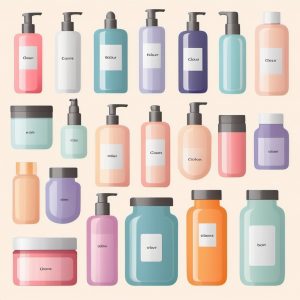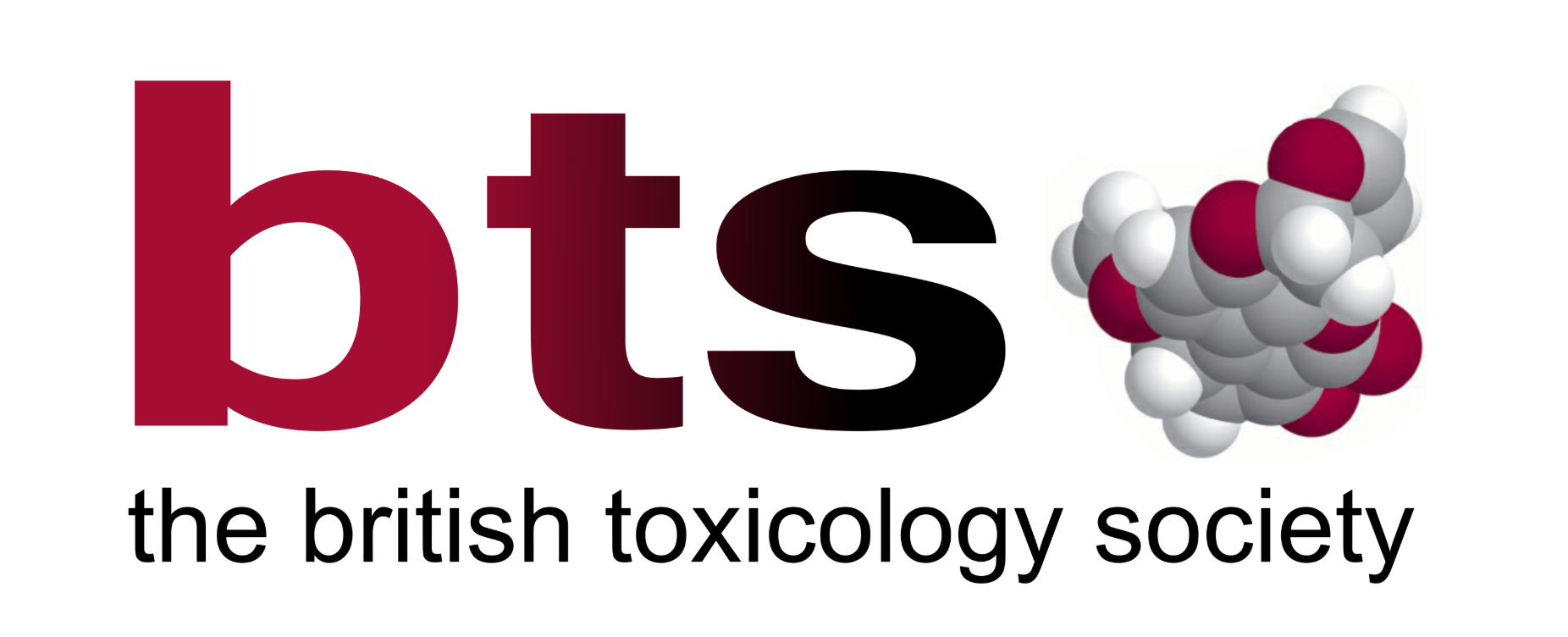Are Cosmetics Regulated in the UK?

Understanding how cosmetics are regulated in the UK is important for manufacturers, retailers, and consumers. With the market for beauty and personal care products growing steadily, knowing the rules that ensure safety and compliance helps build trust. This blog post will explain how these products are regulated in the UK.
What Are Cosmetic Products?
Before getting into the regulations, it’s important to understand what counts as a cosmetic product. Under UK law, these are items meant for use on the outside of the body. This includes cleansers, makeup, moisturisers, perfumes, and toiletries designed to enhance appearance or clean the skin. It also covers everyday items like sunscreen, deodorants, shampoos, and conditioners.
Cosmetic Regulations in the UK
The regulation of cosmetic products in the UK is significantly influenced by the EU Cosmetics Regulation (EC) No 1223/2009, which has been retained following Brexit. This regulation ensures that all cosmetic products sold within the UK adhere to strict safety and labelling requirements.
Although the UK continues to review its regulations post-Brexit, the main requirements remain:
- Safety for Human Health – Every product must be assessed for safety before it reaches the market to ensure it does not harm users.
- Clear Labelling – Ingredients must be listed clearly, and any claims made by the manufacturer need to be backed up.
- Prohibited Ingredients – Certain ingredients are banned because of health risks. Manufacturers are responsible for ensuring their products do not contain them.
The Role of the “Responsible Person”
Every cosmetic product must have a “Responsible Person” based in the UK. This person ensures that the product meets all regulations and safety requirements.
The Responsible Person must maintain a Product Information File (PIF) for each cosmetic product, which includes detailed information such as:
- A description of the cosmetic product.
- Qualitative and quantitative composition.
- Proof of the product’s safety.
- Data from any animal testing, if applicable.
The Responsible Person must also submit details to the UK Submit a Cosmetic Product Notification Portal (SCPN) before selling cosmetic products in the UK. This notification includes relevant details such as product identity, the Responsible Person’s information, and the product’s category.
Importers and Retailer Responsibilities
Importers and retailers (also known as a ‘Distributor’) must make sure the products they sell are safe and properly labelled. Importers mudt confirm that the items meet UK safety standards before they are sold; importers are automatically the Responsible Person, unless the importer makes a written mandate to assign another person.
Retailers must check that products sold are compliant and correctly labelled. Any product found to be non-compliant may be subject to recalls or penalties, which the retailer must comply with.
Enforcement of Regulations
Enforcement is overseen by several regulatory bodies, including the Office for Product Safety and Standards (OPSS) and Trading Standards, which are run through local offices. These organisations ensure that cosmetic products are safe and that businesses comply with the law.
They conduct inspections and may remove non-compliant products from the market. In serious cases, they may impose fines or other penalties on businesses. They also inspect products that are imported. This oversight helps ensure that that the products on UK shelves are safe for consumers.
Final Thoughts
The UK’s regulations for cosmetics are clear and thorough, designed to protect consumers and maintain trust in the products they use. Manufacturers, importers, and retailers all play key roles in upholding these standards. Through proper oversight and strict guidelines, the UK ensures that cosmetics are safe and reliable for everyday use. Further details can be found on this government website.
About the Author

Geraldine Garrs is a member of the Royal Society of Chemistry, CTPA, British Toxicology Society and the Society of Cosmetic Scientists. Geraldine is an independent Cosmetic Safety Assessor and Chartered Chemist with over nine years of experience helping more than 700 brands ensure their cosmetic products are safe and compliant. She specialises in preparing Cosmetic Product Safety Reports (CPSRs) for UK and EU. Geraldine is passionate about supporting small cosmetic businesses and simplifying complex regulations. Learn more at www.generalcosmeticsafety.co.uk
Get in Touch
If you’d like to discuss any of your products or ranges, please use the contact form here.
Qualifications: CChem (Royal Society of Chemistry). MSc (Distinction), University of Strathclyde, BSc (Hons) Chemistry, University of Nottingham and Certificate – Safety Assessment of Cosmetics in the EU, Vrije University Brussels





